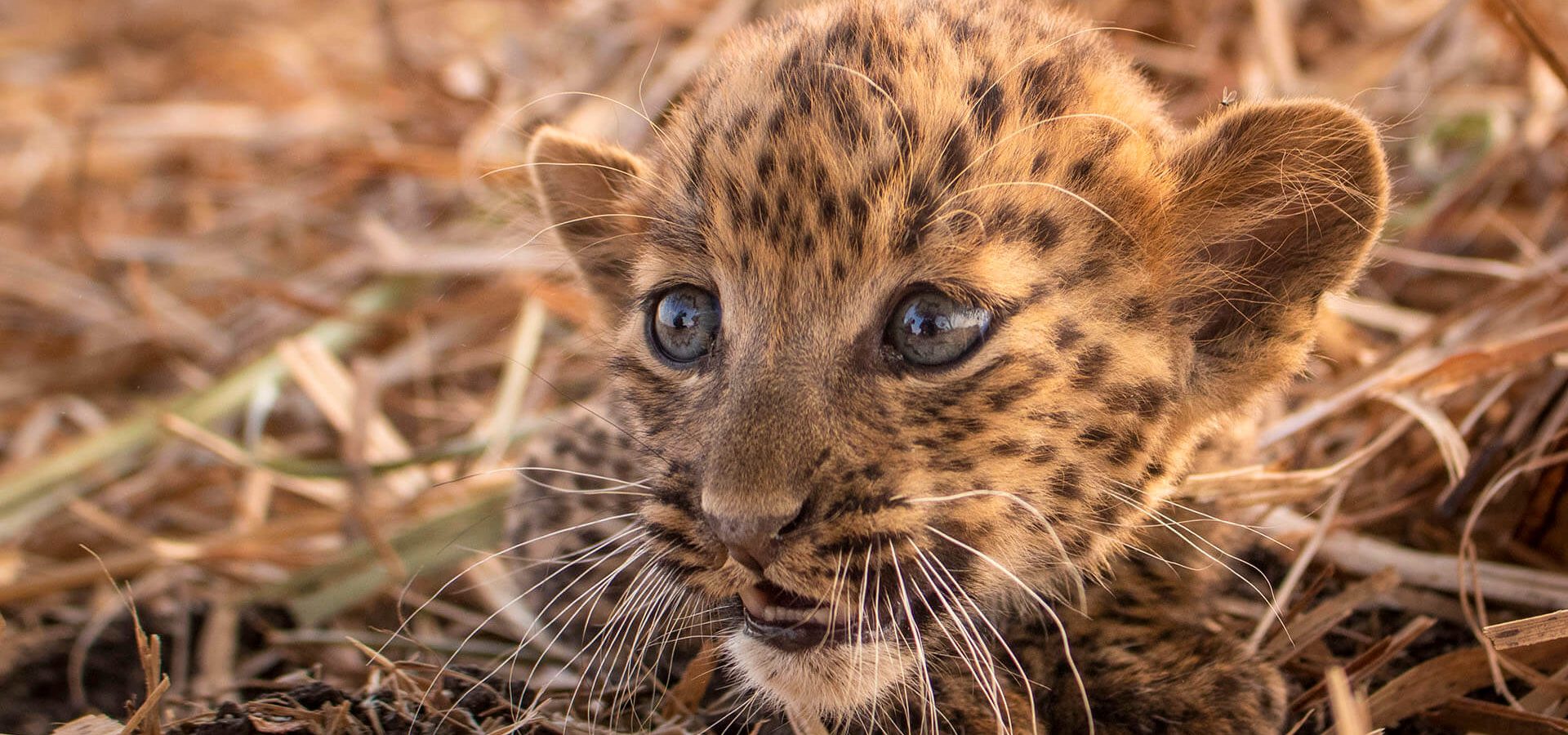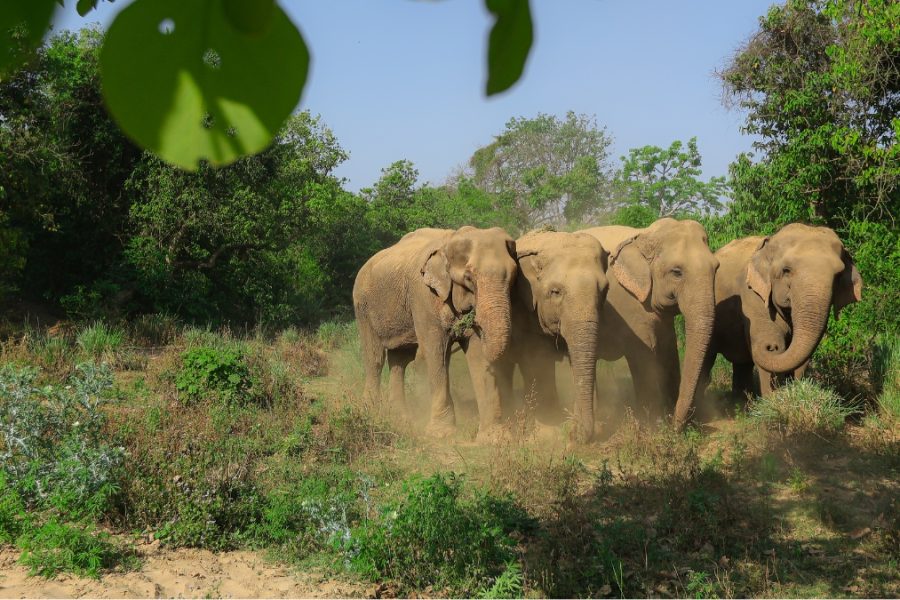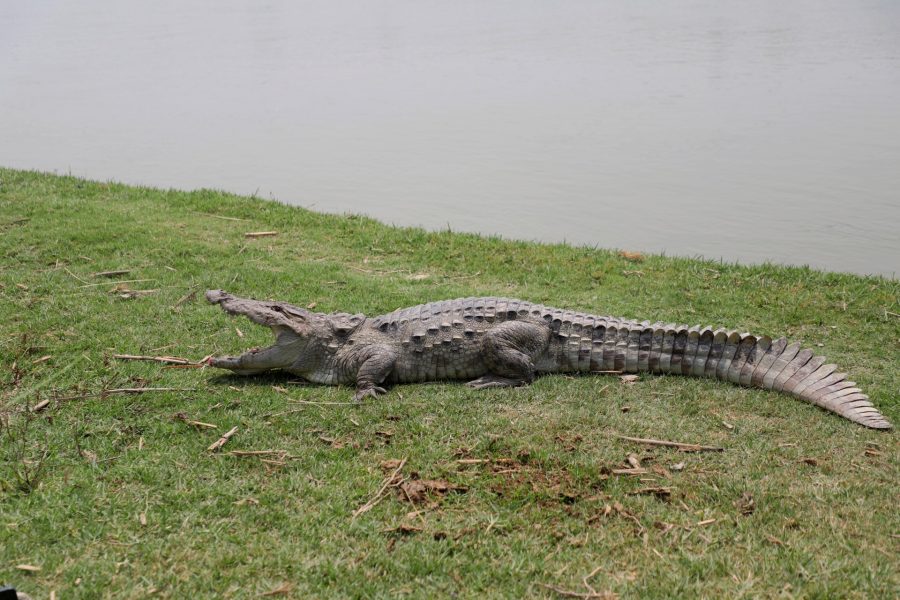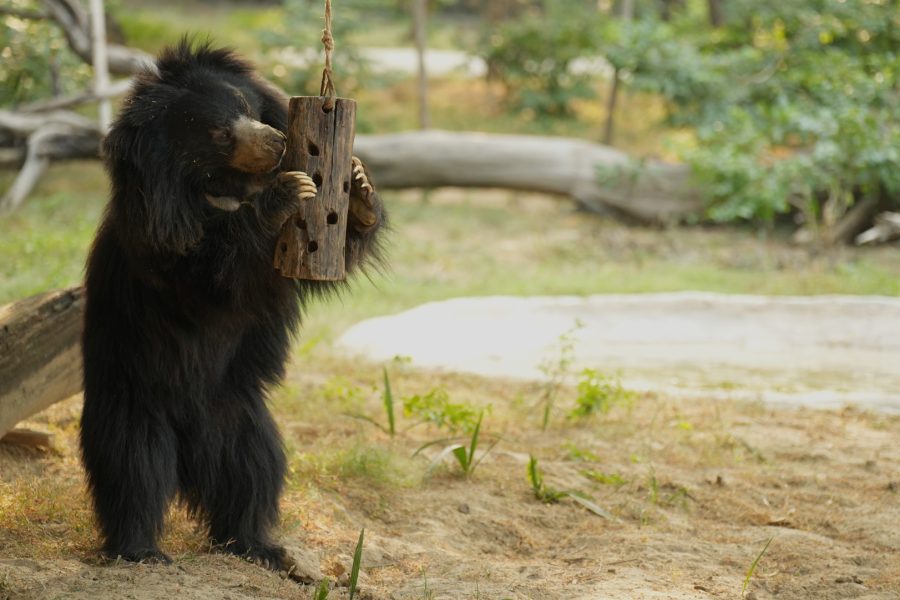Animals share a unique and wonderful relationship with their offspring. Be it elephants with their calves, or bears and leopards with their cubs, the deep parent-child bond in these animals is certainly special and makes us look at them from a different lens. On the occasion of Children’s Day, we try to understand this relationship that ultimately enables these young animals to become survivors in the dangerous, wild world they live in.
Protective Bear Mothers & Their Cubs
Sloth bear moms are one of the bravest animals in the wild. Many scientists categorise Sloth bears as a keystone species in a forest and they are guardians of that very ecosystem. Bears are considered to be apex predators of the ecosystems they inhabit. Apex predators are those that exist at the very top of the food chain and thus, are crucial to maintain a healthy balance in the ecosystem. If the population of apex predators is negatively impacted, its prey population would rise in numbers, creating a disbalance in the entire food chain.
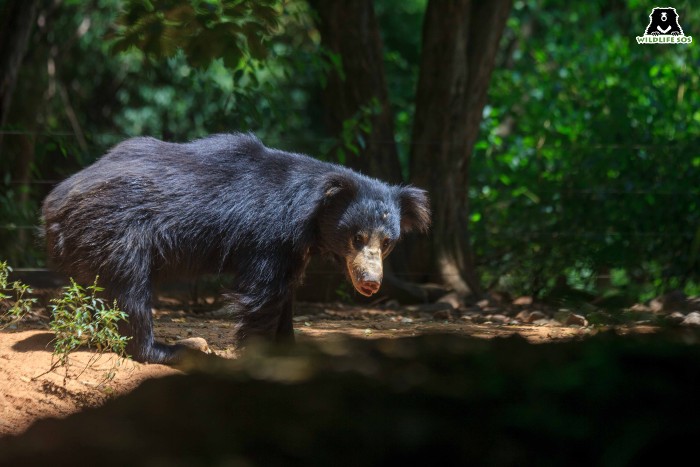
Therefore it is important for the bears to procreate and pass on this duty to posterity. It is needless to say that all parents, especially mothers, are extremely protective of their children. But Sloth bears take the responsibility a notch above and are even known to ward off tigers in the forests. What makes their relationship with the cubs even more unique is that out of all the eight known bear species, Sloth bears are the only ones known to carry their offspring on their back. Their litter size usually consists of one cub, and on rare occasions, it can be two.
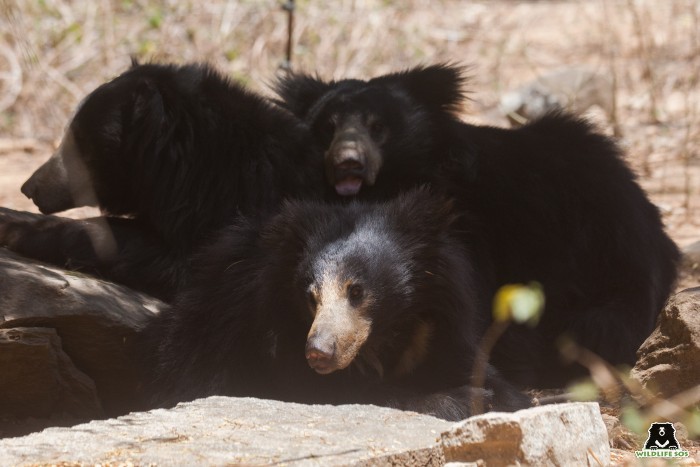
Sloth bears wean their cubs for roughly two years, till the mother is confident of the child surviving on its own in the wild. From hunting to foraging and even defending themselves, the cubs are enabled with all the key skills while they are under their mother’s care. But all this can go for a tumultuous toss when anthropogenic pressures threaten this very bond, which is ultimately crucial to not just the survival of the species but also to the overall health of forests. Wild bears face various risks including poaching for the ‘dancing’ bear trade, for body parts to be used in traditional medicine, and also grave injuries from retaliatory attacks by humans due to their lack of knowledge about the species.
Elephants & Leopards Raise Tough Kids
Just like bears, elephants too have a special social setting. Elephant societies are matriarchal in nature, with males being solitary for most part of their lives. The leader of the herd is always a female, who is the eldest, and they protect their young fiercely when in the wild. Elephants are also known to have extremely sharp memories, mainly due to their large brain size. This enables them to remember routes that they traversed even 40 years ago. Part of the teachings to the calves includes passing on this invaluable knowledge to their children.
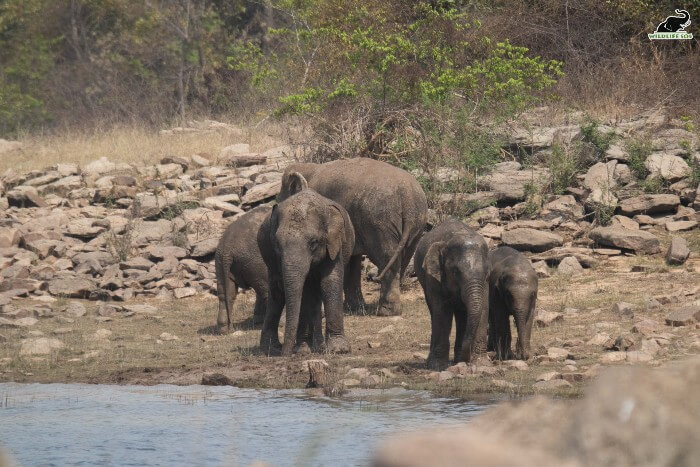
Coming to leopards, a mother usually gives birth to a litter of two to four cubs and weans them only after they are about three months old. The mother also consumes the cubs’ faeces to digest microbes excreted by the cubs and eliminate any chance of infection during this vulnerable stage.
Leopard cubs remain with their mother until about the age of two years. During this time, the expert ‘mama’ dons the professor’s hat and teaches the cubs all the necessary skills to hunt, forage, feed and survive in the wild. The cubs usually begin to accompany the mother on hunts when they are about four months old. Until then, she leaves them amidst thick foliage, hidden safely, whenever she goes hunting.
Today, both elephant and leopard offspring face looming threats due to man-made causes. In the case of leopards, the sugarcane fields in large parts of Maharashtra have taken over the forested areas, thereby becoming the alternative ‘foliage’ for leopard mothers to hide their cubs. Additionally, there is the hazard of uncovered or open wells and roadkills, which are major reasons for mortality of the adult leopards, thereby leaving their cubs orphaned.
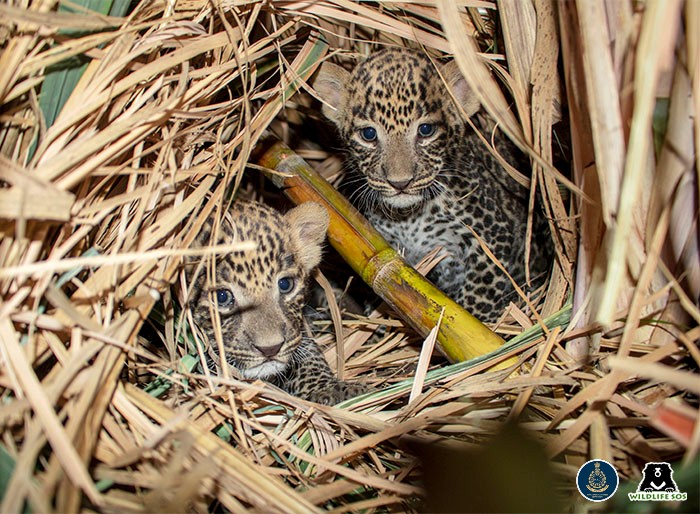
Elephants on the other hand have a history of being poached as calves from the wild, and separated from their mothers. This was followed by a long period of physical and mental torture to break their spirits. Once they were ‘tamed’ using brute methods, the elephants were forced to live in harsh captivity, mainly to be used for begging, tourism or entertainment purposes.
Securing the Future of The Children
Wildlife SOS makes every effort to ensure the safety of the future generations of these animals a reality. To that end, the organisation has worked tirelessly to take the last ‘dancing’ bear off the streets of India. Rescuing over 600 of them, these bears are no longer dragged around with a rope pierced through their muzzle. However, the threat to Sloth bear cubs still remains due to poaching. Adult bears are targeted for their body parts, especially bear bile, which has a high price in the wildlife trafficking market.
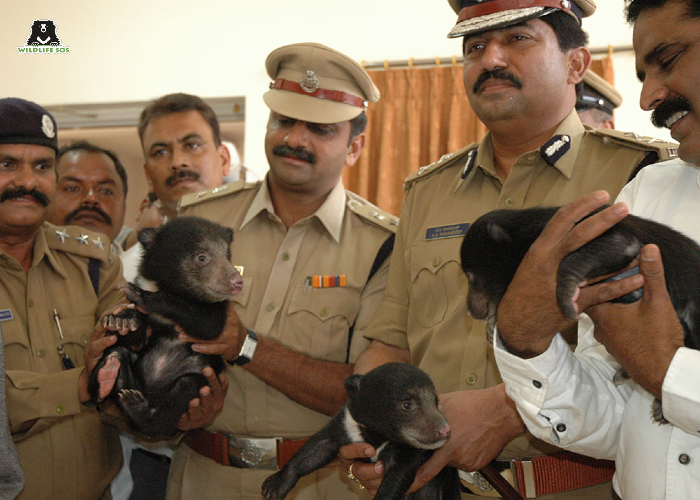
Targeting adult bears leaves the cubs orphaned and vulnerable, which greatly reduces their chances of survival in the wild and threatens the continuation of their species. Wildlife SOS has an anti-poaching unit named ‘Forest Watch’ to curb the poaching and trafficking of wild animals. We assist state forest departments and enforcement agencies to bust wildlife trafficking rackets, and retrieve animals and other wildlife contrabands.
Wildlife SOS is mindful of the most crucial aspect that ensures the safety of leopard cubs caught in distress situations — their timely reunion with their mothers. In Maharashtra’s Junnar, for instance, tall and dense stalks of sugarcane plantations turn into a suitable shelter for giving birth to leopard cubs. However, when the mother goes out hunting after leaving her young ones in the thick foliage, they are exposed to various hazards such as predators and encounters with sugarcane farmers. During such encounters, reuniting the cub with the mother is our first priority to which end we have sensitised the farmers and villagers about avoidance behaviour regarding the presence of leopard cubs. Following protocols, they alert the Maharashtra Forest Department and the Wildlife SOS team to take the necessary measures.
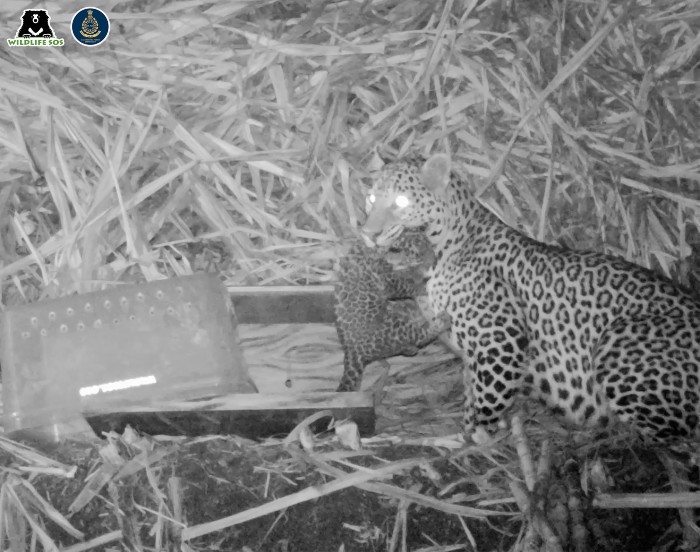
Once the situation is carefully examined, the veterinarians do a mandatory on site checkup and then place the cubs in a safety box marked with the scent of their urine, which helps the mother locate them. Wildlife SOS has completed nearly 100 leopard cub reunions successfully, thereby returning the children to their rightful homes. Taking these crucial steps facilitates the conservation and continuation of the animals’ upcoming generations. You can also play a significant role in protecting these precious bonds. Become a monthly donor for Wildlife SOS and support our animal conservation efforts.

